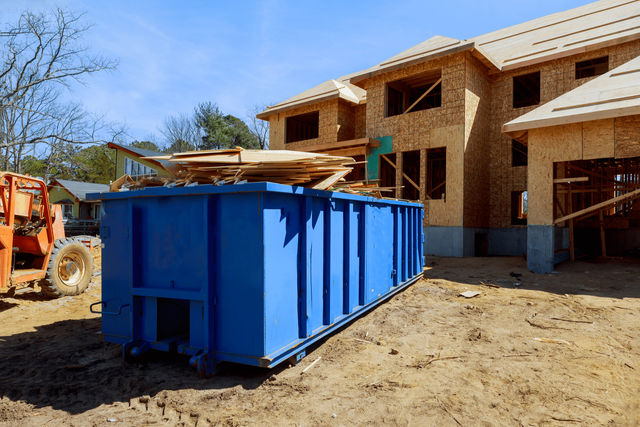When it comes to managing large waste removal projects such as home renovations or significant landscaping work, renting a dumpster can be a game-changer. Dumpster rental not only provides a convenient way to dispose of large amounts of waste but also helps in maintaining a clean and safe work area. However, navigating the logistics of dumpster rental can be daunting if you’re unfamiliar with the process. That’s why understanding the right steps can ensure that your experience is as smooth and cost-effective as possible.
In this how-to guide, we’ll explore some essential tips to help you achieve success when renting a dumpster. From size selection to understanding rental agreements, we cover everything you need to know to turn what might seem like an arduous task into a hassle-free part of your project. Whether you’re a first-timer or just looking to refine your waste management strategy, these insights will aid in making informed choices.
Choosing the Right Size
One of the most crucial decisions in the dumpster rental process is selecting the right size to fit your needs. It’s important to estimate the volume of waste your project will generate accurately. Choosing a dumpster that’s too small can result in overfilling and additional charges, while a too-large dumpster wastes money and space. A Professional Dumpster Rental OKC offers various size options and guidance to help customers make the best choice, balancing efficiency and cost.
As a rule of thumb, projects like minor bathroom remodels usually require a 10-yard dumpster, whereas major construction work might need 40 yards or more. When in doubt, discuss your project details with rental experts who can provide recommendations based on vast experience.

Understanding Permit Requirements
Before renting a dumpster, one must understand local regulations related to permits. Many city and neighborhood ordinances require permits if the dumpster is placed on public property — such as streets or sidewalks — which may obstruct pedestrian or vehicular traffic. Not adhering to these regulations can lead to fines or complications with project dates.
To avoid any regulatory infractions, contact your local city or municipal authorities for detailed information about necessary permits and respective procedures. Professional dumpster companies often handle this aspect but verify that they do before signing any contract.
Scheduling and Placement
Proper planning for both the delivery and pickup of your dumpster is essential. Ensure that there is enough space for the drop-off location and that it doesn’t conflict with local traffic laws or create safety hazards. Also, consider factors like access gates or overhead obstructions that may hamper placement.
When scheduling, choose dates that align with the workflow of your project. You’ll want the dumpster available when you’re ready to start disposing of materials, but not so early that it sits idle and takes up space unnecessarily.
Materials Allowed in Your Dumpster
Understanding what materials are allowed inside your rented dumpster prevents potential legal issues and additional fees. Generally, items like construction debris, household junk, and yard waste are acceptable, but hazardous materials—such as chemicals, asbestos, paint, batteries, and tires—are prohibited.
If you have hazardous waste disposal needs, ask your dumpster rental company for advice on safe disposal methods or services they may offer for such materials.
Cost-Effectiveness Strategies
To maximize the cost-effectiveness of renting a dumpster, compare quotes from several companies and review included services such as waste handling fees or mileage charges. Also, inquire about any potential costs for exceeding weight limits or rental durations ahead of time.
Leverage bundled services if available; some companies might offer discounted rates when you combine other services like demolition or yard clearing with their dumpster rentals.
In conclusion, proper planning and knowledge are key when it comes to successful dumpster rental. By understanding sizes suited to your project’s trash amount through seeking professional assistance for permits, placement strategies to respecting materials disposal guidelines—all while keeping an eye on cost-saving opportunities—you’re set for an efficient disposal solution tailored made for any large-scale task at hand. Future endeavors involving significant clean-up will benefit greatly from applying these foundational suggestions ensuring fewer complications throughout its course.
Rent confidently knowing your project debris will be disposed of efficiently and lawfully; ensuring peace of mind that results from handling this part of your projects professionally and proactively.
Please ensure that each portion correctly follows its outlined format as per this guide.


